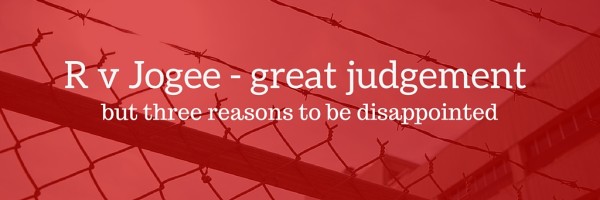Last week the Public Administration and Constitutional Affairs Committee published its findings on the lessons it thought could be learnt for trustees, professional advisers, Charity Commission and Whitehall. Without repeating the findings I read them with some disappointment. The report concentrated lessons that could be learnt by trustees, professional advisers, Charity Commission and Whitehall. In doing so it lacked insight into the sector and specialist knowledge of the charity governance environment. Here are my reasons where Kids Company went wrong and what the Committee might have suggested:
- Remunerated Chairs – I would have lobbied for the need to remunerate the position of chair in Charities (and also school governing Boards). While the Committee correctly identified weakness in the Board owning responsibility and having the necessary expertise they did not suggest a practical way this could be achieved. Finding the calibre of individual to lead the Board, and make the necessary strategic decisions and stand up to such a charismatic strong personality Camila Batmanghelidjh is extremely difficult as it requires considerable time and expertise. Paying someone to do that for one day a week would have immediately opened up the potential pool of candidates, not just to those who are time poor because they are in full time employment or suitably wealthy to give up their time for free.
- Fixed and Limited Term Trustees – While it spent some time looking at the Kid’s Company governance arrangements it was short of practical suggestions how this might have been better. One helpful point would have been to suggest that with a long serving founder exercising considerable power inside the organisation it was important that the Chair of the Board and other trustees should have definitive and limited term of office. For example a good recommendation would be for trustees to serve a maximum of two, three year terms; Alan Yentob had served for twelve years by the time of the collapse. This would have two significant advantages, firstly it would ensure fresh perspectives and expertise constantly refresh the Board while at the same time easing the burden on Trustees that there is an expectation of open ended support.
- Identifying the need for operational expertise – While highlighting weaknesses in expertise of the Board in relation experience delivering children services there was no wider review as part of the work of the Committee at other key failings. My reading of the Kid’s Company breakdown is that the Board had little idea of what it took to grow a charity from an embryonic start-up to a fully grown charity and it was this expertise that was vitally missing. The missing ingredient like many charities was not sector expertise but solid operational support and implementation.
- Identifying the correct role of the regulator – I believe the criticism of the Charity Commission is misplaced. They are not in the position to micro-manage every poorly controlled charity (there are an awful lot out there). What was needed was to emphasise the need for all grant givers (both state, organisations and individuals and not just the government) to ensure the charitable world acts as an efficient market place. What should have happened is that Kids Company should have been asked by funders to improve its operational processes at an earlier stage. Ultimately central government stepped in prop up a poorly functioning charity that should have collapsed far earlier or have been forced to change before the operational bad habits had set in.
- Improve how we measure impact – The charitable world needs to get its head around measuring impact. It seems clear that the Kids Company misrepresented the impact it had and the efficiency with which it was run. My take home is that it is perhaps time that auditors become responsible as part of the audit process for sampling and ensuring the data behind annual reports. While often they concentrate on the finances of a charity and funders take comfort from this, little of the audit process looks in depth at what a charity actually delivers and whether and claims as to impact and demonstrable. Two great podcasts I follow are the BBC’s More or Less and Freakonomics. Time and again this demonstrates that the work of someone like Kids Company is measurable in a statistically meaningful way. We should think about legislating to widen our expectations of what an auditor is signing off on when they have completed their audit. For those who think that it can’t be done listen to this podcast which concerns a Canadian not-for-profit in very similar circumstances.


